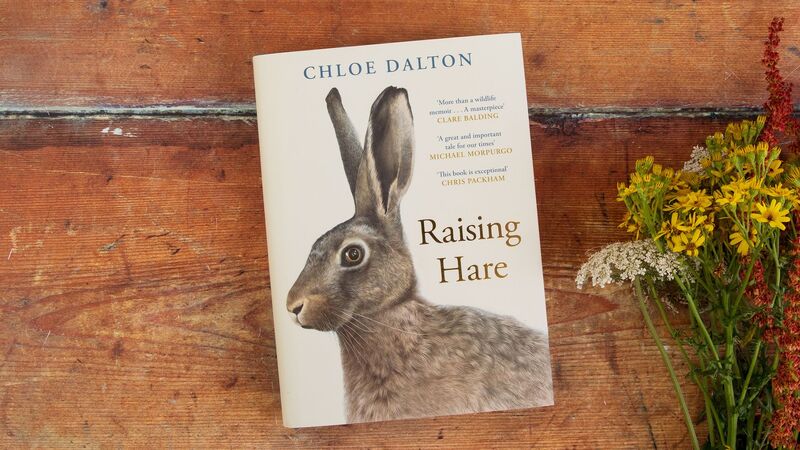You are viewing your 1 free article this month. Login to read more articles.
THE EMPTY NEST BOMB
Parents whose children went to boarding school can get very smug. “Empty Nest Syndrome isn’t going to affect us,” they cry. “We’re used to our children going away.” Day-pupil parents suppress the snappish reply that sending an eight-year old away isn’t the only way to deal with Empty Nest syndrome at 18.
But, whichever side of that particular class war you’re on, it’s still a terrible shock when you drop your teenager off at university or wave them off to their gap year. They’re not living at home any more. This is the beginning of them never living at home again. The words don’t make sense. They seem as chilly and grey as the November that follows.
And forget long goodbyes and last hugs. You’ll feel unwanted the minute you dump the cases in their room (although boys will probably let you unpack them). Freshers are terrified and they need you out. Do you remember dropping toddlers off at nursery, and the way the staff propelled you out the door before either of you could start sobbing? Well, that’s what it’s like, except that this time it’s your child who shuts the door in your face, because, anyway, you might be embarrassing (which we were, every time we spoke to anyone or raised our eyes from the ground).
Change and conflict are the starting points of drama for a writer. You were too busy to talk to each other properly for 20 years and suddenly you’ve only got each other to talk to at home? Dynamite. You’ve always said you’re going to go travelling, write a book, start your own business or leave your marriage once the kids were old enough? That’s now. When your children leave home, life drops a bomb onto the railway tracks of your life. Only you can find out whether it’s nuclear or just a hoax. That’s why I wrote a novel about it, rather than a non-fiction guide. Fiction is a window into the human soul.
So how does the ‘good parent’ manage? My son, Harry, says that some text or call every day (mainly to girls). One phones once a week. One Facebooks and emails. One rings up every time anything happens: “We saw there was a pile-up on the M11 and wanted to check you weren’t in it.” One leaves it to their son to get in touch when he wants to. Rumour has it that one mother took a hotel room nearby and joined in the parties. So which parents got it right? Everyone (except Party Mum who was considered stalker-ish). As my son said: “It’s just the way different families function.”
The first ray of sunshine was that brief telephone conversation to establish that he’d survived Freshers week (although his bank card hadn’t, having been swallowed up when he drunkenly couldn’t remember his PIN number). From then on, bits of me that had been buried for nearly 20 years started to twitch, prickling like a dead limb coming to life. The time spent shopping for food dropped by 75 per cent, the time spent laughing with friends up 75 per cent. Harry seemed pleased to see me when I went up to collect him at Christmas. His friends nodded obligingly.
Three years have passed, and the obliging nods have turned into real people. Harry is intelligent, interesting and great to have around. We, oddly enough, seem to have become less embarrassing (perhaps it was all that spare time which we’ve filled with decorating, gardening, partying, holidaying and getting up to speed with new technology and our careers). He’s back, having graduated, and is looking for a job, although his sister, Lily, is still at university.
And that is the next chapter of the Empty Nester story. “They come back!” cry friends with older children. Much as they love them, parents don’t want that, because if they’re living at home after university, it probably means they haven’t got a job, a place to live or a partner. Or they’re ill. They’re therefore miserable. And no parent wants to see their daughter or son unhappy, ill or struggling. At this point, the empty nest no longer seems like an emblem of loss. It looks like the Holy Grail.
I was a journalist for 20 years. If two or three completely unrelated people raised the same subject in a week then we knew there was a “story’ there. Now, as a writer of family dramas, my main research tool is talking to people. These jungle drums are telling me that 2011 is the last year of the Great Empty Nest as an almost-universal stage. Friends with younger children say many of them don’t want to get landed with £27,000+ of student debt (just as I was writing another phoned up saying that her son was terrified of “owing all that money”). These kids will go straight into work, probably living at home for longer and leaving at different ages and stages.
And it’s well documented that there’s now a big post-graduation drift home too: I have several friends whose children have reached their mid-twenties before they’ve found a ‘proper career’. On the other hand, I graduated in the 1970s into a dismal recession and didn’t get established until I was 26. Having to try hard made me more determined to keep my job once I got it.
As for property ownership – or even renting a flat – it’s often unaffordable in big cities. Friends’ children are being asked for £3,000 deposits for rentals. How can someone earning £19,000 a year as a graduate starter job afford that? There are no empty nests for families living in London or the larger cities. All this could be good: families staying together longer, non-academic kids going straight into work. Or bad: the clash of adult sons and fathers in the same space is a major primeval territorial dispute for starters. So now everyone keeps saying that my next novel ought to be The Boomerang Kids.
The Empty Nesters by Nina Bell is published by Sphere at £7.99














